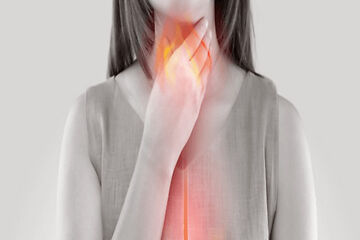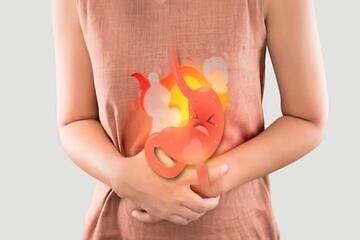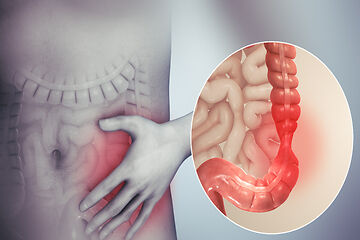What is Constipation?

Constipation is infrequent bowel movements or difficult passage of stools that persists for several weeks or longer.
Only a small number of people with Constipation have severe signs and symptoms.
What are the signs and symptoms of Constipation?
There are some signs that can help to know if you have Constipation or not, but you may not notice them right away.
However, the possible signs that may help you out are:
- Passing fewer than three stools a week
- Having lumpy or hard stools
- Straining to have bowel movements
- Feeling as though there's a blockage in your rectum that prevents bowel movements
- Feeling as though you can't completely empty the stool from your rectum
- Needing help to empty your rectum, such as using your hands to press on your abdomen and using a finger to remove stool from your rectum
Immediately contact your doctor if you notice any such signs.
What are the causes of Constipation?
Constipation most commonly occurs when waste or stool moves too slowly through the digestive tract or cannot be eliminated effectively from the rectum, which may cause the stool to become hard and dry. Chronic constipation has many possible causes.
1.Blockages in the colon or rectum
2.Problems with the nerves around the colon and rectum.
3.Difficulty with the muscles involved in elimination.
4.Conditions that affect hormones in the body.
Changes in gut microbes. Examples include changes in bacteria, fungi and viruses, which normally reside in the intestines and play a key role in health. Research indicates that the microbes in people with Constipation might differ from those in healthy people.
Diagnosis of Constipation
To diagnose Constipation, your doctor will review your personal and family medical history, perform a thorough physical evaluation, and may recommend any of the following tests:
Some tests that are normally done are as:
- have you adopt a certain diet or cut out specific food groups for a period to rule out any food allergies
- have a stool sample examined to rule out infection
- have blood tests done to check for anemia and rule outceliac disease
What are the complications of Constipation?
A few of the comorbidities you may face with Constipation are:
- Left untreated, Constipation may lead to Swollen veins in your anus (hemorrhoids),anal fissure,fecal impaction.Tell your doctor if your signs and symptoms aren't improving despite treatment for Constipation.
Prevention of Constipation
Preventing and treating illnesses that can become the risk factor for Constipation is the best way to curb out it's complications. Make sure to change a few of your lifestyle habits and do regular physical exercise (not intense one). Talk to your doctor and take the help of a dietician who can suggest a decent diet to avert Constipation. A diet is a healthy component of Constipation treatment in Ayurveda!






